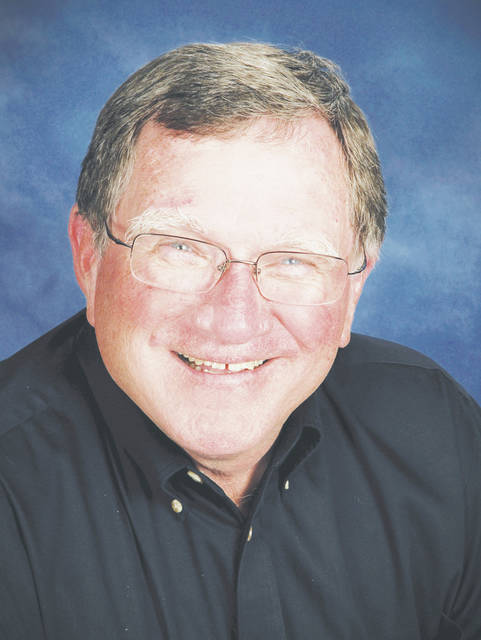
John Howland’s name is not easily recognizable.
At the time of his near-fatal accident, he wasn’t a famous person. He boarded the Mayflower as the indentured manservant to John Carver. He had no real status among the other passengers. He was there because his boss, Mr. Carver, was going to America.
After a few starts and stops, the Pilgrims decided to proceed with just one ship instead of two. They left the smaller vessel, the Speedwell, behind because it leaked badly. It wasn’t seaworthy.
Some passengers decided to stay in England, the rest of them crowded onto the Mayflower. On September 6, 102 passengers and 32 crewmembers, started their voyage from Plymouth, England.
Within just a month of Mayflower’s September departure, the north Atlantic rose to its reputation as one of the most treacherous bodies of water in the world. The pilgrims had left the relative safety of England just as hurricane season was dying down.
The storm that nearly destroyed the small ship was likely a hurricane that had missed North America and was then slowly weakening in the cooler water of the Atlantic.
It remained a terrible storm. The sails of the Mayflower were being tattered and torn. The small craft was being tossed about like a toy boat. Their situation was out of control. The passengers and crew were sick and scared. The Mayflower’s crew needed all the help they could get, so young John Howland climbed onto the deck to help.
Sails, spars and rigging were breaking away from the masts. The topsail had broken free from the mainmast and was swept overboard. From nowhere, a wave swept over the deck of the Mayflower and young John Howland disappeared into the battering waves of the North Atlantic.
The crew assumed he was drowned, lost at sea. As they struggled to pull the remains of the topsail back onto the ship, they realized that, by some miracle, as John Howland thrashed about in the water, his hand grasped a rope that was still attached to the topsail.
As the crew pulled in the tattered sail, they heard Howland crying for help. Eventually, he was pulled back aboard. His survival — reaching out to find the rope and being able to hang on until rescued — was an absolute miracle.
John Howland survived the voyage and the first, deadly winter when half of his fellow passengers died. Howland lived to the ripe old age of 80 years. He fathered 10 children and had over 80 grandchildren.
Of all the people who claim to be descendants of a Mayflower passenger, it is said that more people can claim direct descendance from John Howland than any passenger.
A few of Howland’s direct descendants includ: poets – Ralph Waldo Emerson and Henry Wadsworth Longfellow; actors – Humphrey Bogart, Alec Baldwin, Maude Adams, Christopher Lloyd and Lillian Russell; famous people – Dr. Benjamin Spock, John Smith Jr. (founder of the Mormon religion), Senator Henry Cabot Lodge, Jr. and Governor Sarah Palin; and presidents – George W. Bush, George H.W. Bush and Franklin Delano Roosevelt.
It is impossible to imagine how our lives would be changed today if we lost the beauty of the poetry of Emerson and Longfellow; the common-sense, pediatric advice of Dr. Spock; and the leadership of both George H.W. and George W. Bush.
It is hard to imagine how the Great Depression and World War II might have ended if not for the leadership of President Roosevelt.
The world would not be the same if not for the miracle of John Howland’s survival.
We should all look back at our ancestry and be thankful for all the miracles that brought us here.
My life would not have existed if Grandpa Riley had taken a job in Dayton instead of southern Indiana. Over 300 years ago, one of my Irish ancestors left Antrim County in Northern Ireland because of persecution by the English. What if he had stayed in Ireland rather than seeking freedom in North America?
We can, and should, look back and celebrate the miracles that brought us into being. We should be thankful for all that our parents, grandparents and many forgotten ancestors went through to bring us to this point in time when we exist and have children of our own.
It is our responsibility to teach our children and grandchildren about who they are and who their ancestors were. We need to teach them to be thankful for all the miracles that brought them to life.
Count your blessings and have a great Thanksgiving.
Randy Riley is President of Council of Wilmington.


